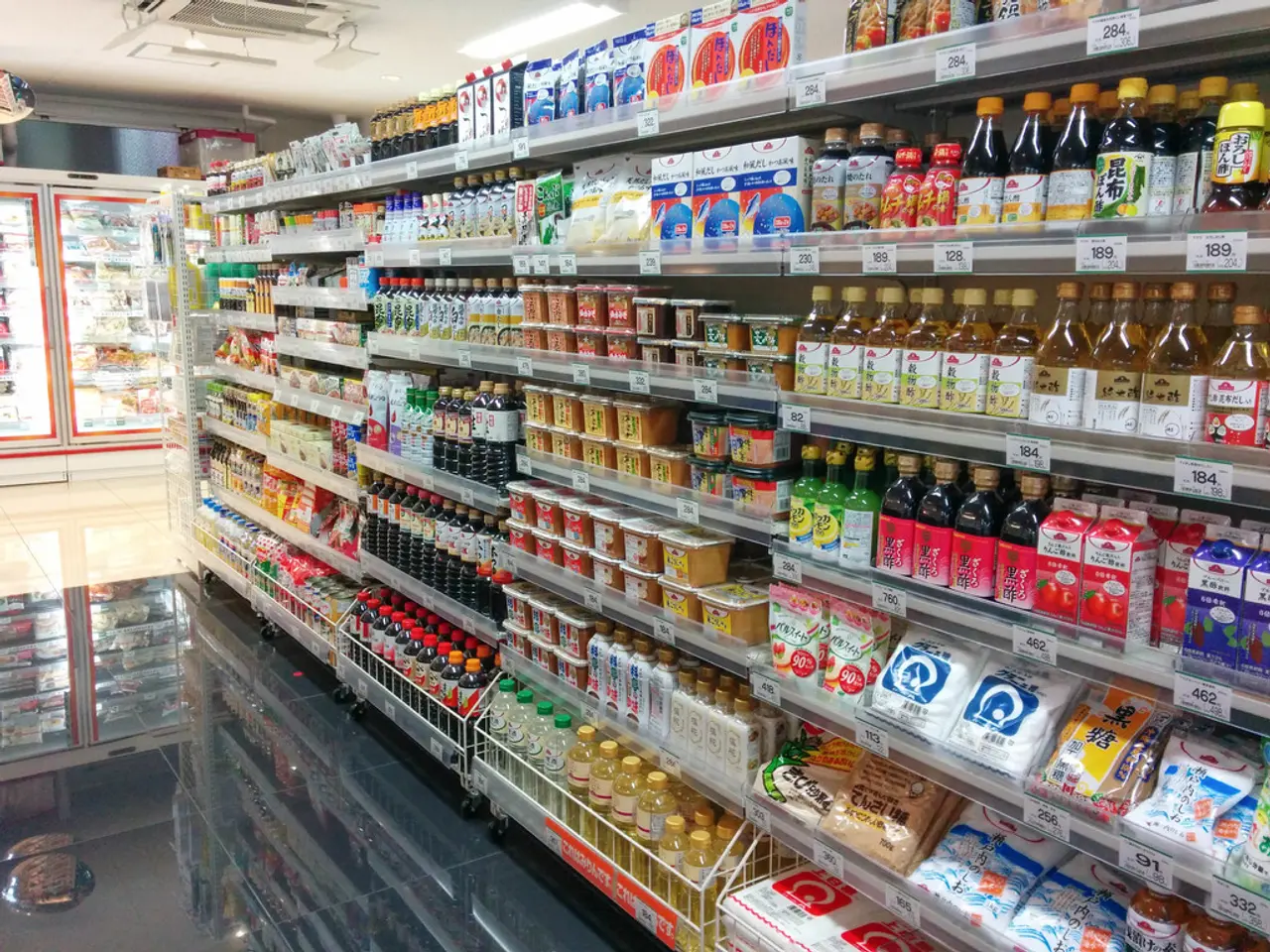Cost-Cutting Practices to Conquer Soaring Inflation: An Indispensable Guide
In the face of rising costs and high inflation, adopting a frugal lifestyle can be a smart strategy for maintaining financial stability. Embracing frugality offers unexpected benefits beyond financial savings, such as healthier eating, reduced environmental impact, learning new skills, and stronger community connections.
Here are ten essential frugal habits that can help individuals reduce expenses, stretch their budgets, and optimise spending:
- Buying in Bulk: Purchasing non-perishable and essential items in larger quantities can lower per-unit costs and provide a buffer against future price increases, especially for food, household essentials, and fuel.
- Substituting Expensive Fresh Produce: Opting for frozen or in-season alternatives to fresh produce can maintain nutrition while lowering grocery bills.
- Cooking at Home More Often: Preparing meals at home rather than dining out can significantly reduce food expenditure without sacrificing quality of life.
- Using Cashback and Rebate Apps or Credit Cards: These financial tools can provide returns on everyday spending, effectively discounting purchases.
- Tracking Spending and Budgeting Carefully: Tools like Mint or YNAB can help consumers spot wasteful habits and stay on target, especially when prices surge.
- Purchasing Used Goods or Borrowing from Libraries and Community Resources: This can cut costs on clothing, furniture, entertainment, and other non-essentials without lowering living standards.
- Making Do with What You Have and Delaying Nonessential Purchases: Preventing impulsive spending can help consumers navigate inflation-driven price hikes.
- Capitalising on Price Comparisons and Timely Deals: Using technology to shop smarter ensures better value for limited funds.
- Stockpiling Selectively: Strategically stockpiling items with long shelf lives and stable prices can protect against shortages and high prices, but doing so should be done carefully to avoid waste.
- Focusing Spending on Essentials and Spreading Out Large Purchases: This can help minimise financial strain and the impact from tariffs or sudden price shocks.
By adopting these frugal habits, individuals can address the primary inflation pressures—higher costs in food, energy, and shelter—by promoting purchasing strategies that prevent overspending and encourage sustainability. These habits help maintain financial resilience during inflationary periods by effectively managing limited resources and prioritising essential needs without significant sacrifices to lifestyle quality.
Remember, becoming more frugal doesn't mean living a life of deprivation; it means being intentional about your spending, eliminating waste, and finding creative ways to meet your needs and wants at lower costs. Most communities offer free or low-cost entertainment options, making it possible to enjoy life without breaking the bank.
- Incorporating the use of cashback and rebate apps or credit cards into one's personal-finance strategy can help optimize spending by providing returns on everyday spending, acting as an unforeseen discount.
- Tracking spending and budgeting carefully, with the aid of tools like Mint or YNAB, can assist in staying financially stable during periods of high inflation by spotting potential wasteful habits and staying on target.




